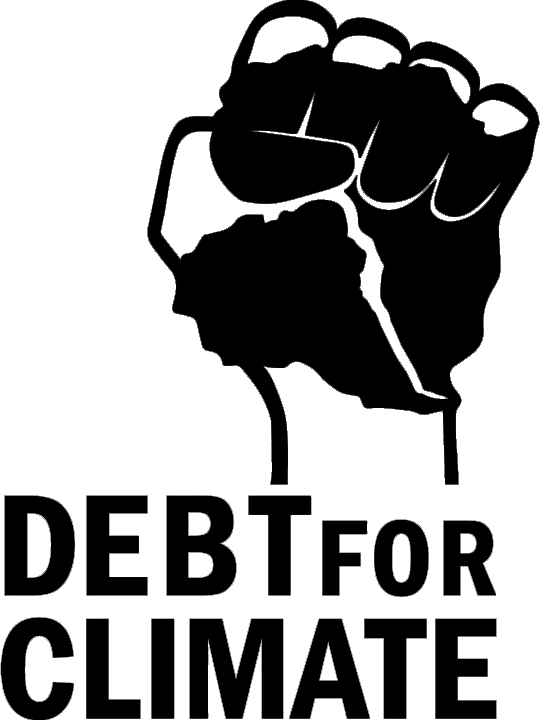“Delay means Death"
A movement of movements
from Austria, Belgium, Finland, Germany, Italy, The Netherlands, Poland, Portugal, Spain, Sweden, Switzerland, UK and many more to come:
Fossil fuels are the primary cause of the climate crisis.
STOP FOSSIL SUBSIDIES NOW.
FAQ
Fossil fuel subsidies, also known as fossil subsidies, are financial incentives from the government that lower the prices of fossil fuels and their derivative products, such as plastics, or services, such as flight travel. These subsidies can be in the form of direct payments, or they can be tax breaks, emission trading permits, rebates, or even underpricing external costs, such as the environmental damage and health issues that may arise from the greenhouse gas emissions generated by fossil fuel combustion.
When prices are higher than what people are willing or able to pay, governments may introduce a subsidy to help businesses, or to ensure individuals can afford the good or service in question. Some of these subsidies are relics from decades ago, such as the kerosene tax exemption for aviation from 1944.
Subsidies can be payment transfers that make up the difference between the price and what we can afford, such as price caps to protect households from extreme increases in energy prices.
They can also be granted through tax incentives or other rebates. For example, the government might exempt certain industries from gas consumption taxes, or grant them lower tax rates or free Emissions Trading (ETS) allowances which allow them to generate more carbon emissions at no extra cost.
The IMF also considers the wider impact of fossil fuel consumption through “implicit subsidies”. Implicit subsidies include estimates on the social costs of fossil fuels.
According to the International Monetary Fund (IMF), fossil subsidies -both implicit and explicit- topped 7 trillion USD in 2022, with 1.3 trillion explicit and 5.7 implicit. This amounts to 7.1% of global GDP, whereas education, for example, amounts to less than 5%. Based on IMF dataset, fossil subsidies (implicit and explicit) in the European Union amounted to over 400 billion EUR in 2023. Not counting implicit subsidies, the amount in Europe came to €258.7 Billion in 2023.
Note that implicit subsidies are estimates of social costs yet to be accounted for. For example, the cost of illness as a result of air pollution, which despite having very real costs for the individual with ripple consequences, doesn’t involve an actual financial transaction. This means that one cannot simply redirect the amount in implicit subsidies towards another budgetary expense.
Fossil subsidies can be direct payments, rebates via tax breaks, or emission trading permits. The IMF estimates includes externalities, like the cost of traffic delays, and the value of fossil subsidies in Europe totaled over €405 Billion in 2023. Although it is not common to calculate externalities as a subsidy in economics, United for Climate Justice decided to feature this estimate from the IMF because we feel it is important to acknowledge that fossil fuels have a social cost through the damage they cause.
Home loss, health problems, and deaths resulting from extreme climate conditions are increasing. There is little consensus on the cost of these damages. For example, financial compensation for the loss of human life depends on the victim’s nationality, income, and age. This is not how we – as a climate justice movement – value human life. How much money a human life is worth, is an argument that cannot be won; what matters is preventing the loss of life in the first place. Therefore, while the monetary value of fossil subsidies matters, what’s more significant is that eliminating the subsidies is the first step toward phasing out fossil fuels – and securing a habitable future.
Fossil subsidies support the continued use of coal, oil, and gas, which are the primary drivers of greenhouse gas emissions and contribute significantly to the climate crisis. These subsidies make it harder, if not impossible, for countries to meet their emissions reduction targets, hindering global efforts to mitigate climate change.
By artificially lowering prices, fossil subsidies distort energy demand, delay the necessary transition to avert the climate crisis, and prop up the fossil economy, benefitting its oligarchic control structures. Because many fossil subsidies are tax breaks or other forms of rebates for large businesses, they also have the effect of obstructing adoption of renewable energy and sustainable solutions on a larger, industrial scale.
Fossil subsidies support continued fossil use and a continuous revenue stream for fossil companies. Yet it is precisely the coal, gas and oil industries that have caused the most environmental damage, while simultaneously profiting massively from the destruction. Ensuring that fossil companies can continue with their tremendous profits against the climate crisis that we now live in, is unfair.
Furthermore, many fossil subsidies come in the form of regressive tax rates, where, for example, the more gas one consumes, the lower taxation rate one enjoys. Some industries are completely exempt from these taxes. This creates a situation where individuals and smaller businesses with the lowest carbon footprints carry disproportionately large costs for environmental damage, whereas larger corporations can continue business as usual, with no negative impact to their profits.
It’s important to note that businesses can raise prices regardless of whether subsidies exist. While subsidies might keep fossil fuel prices artificially low, they don’t prevent businesses from increasing prices for other reasons, such as supply chain issues, market demand, or profit margins. Governments can introduce legislations and regulations to ensure prices remain fair.
To prevent significant price increases, a just transition to renewable energy is essential. This means making renewable energy accessible and affordable for everyone. As renewable technologies continue to improve and scale up, they can offer stable and even lower energy costs over time, reducing the overall economic impact of moving away from fossil fuels.
Furthermore, the price of not addressing climate change is far more severe. We’re already seeing the devastating effects of climate-related disasters, such as home losses, poor harvests, and loss of life. These costs can far exceed any short-term price increases that might result from ending fossil fuel subsidies.
United for Climate Justice (UCJ) is a platform of climate and social justice movements. It receives support and endorsement from non-governmental organisations within and outside of Europe. As we recognise the need for global climate justice.
Together, we are coordinating the campaign Stop EU Fossil Subsidies.
We base our actions on the scientific evidence of the climate crisis, with civil disobedience serving as our primary tactic. We advocate for rapid and systemic cultural, economic and political change, driven for and by the people themselves.
For press you can get in contact through the following email adress press@ucj.global, for any other inquiries you can get in touch with info@ucj.global.













